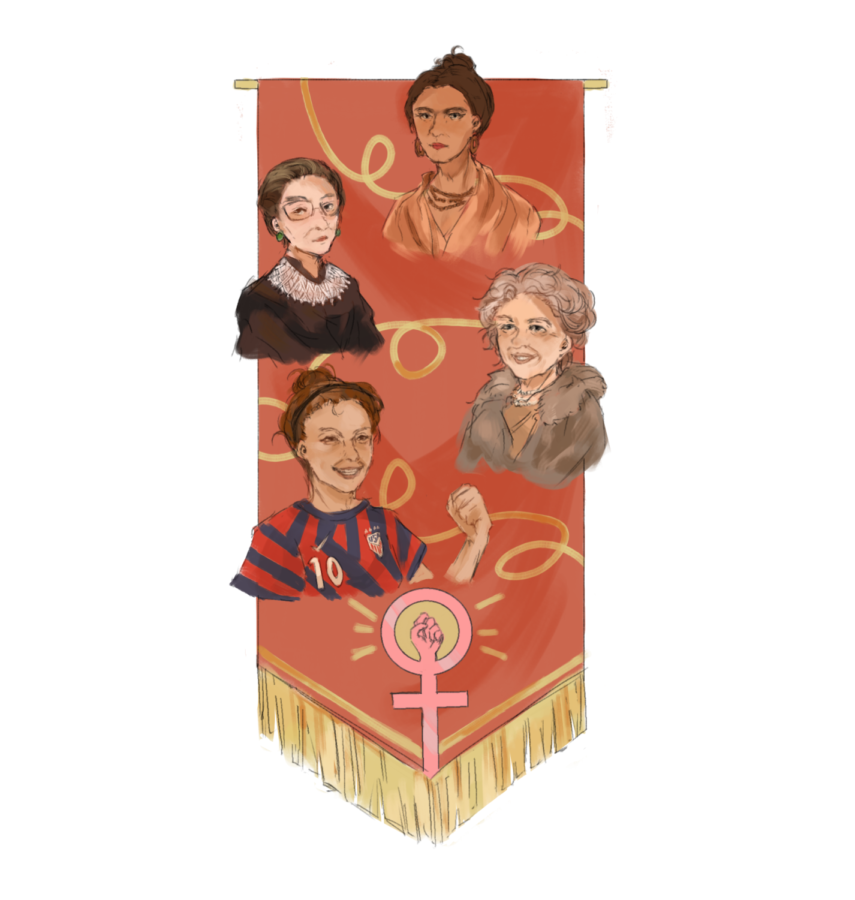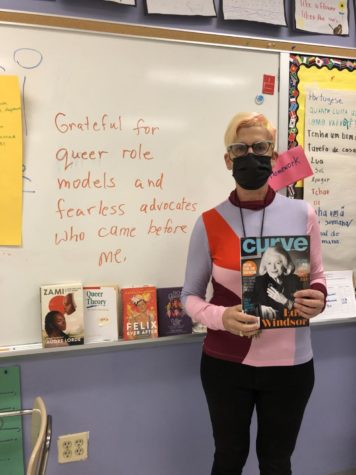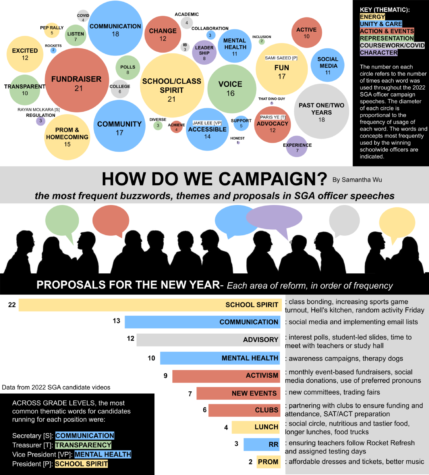Honoring female activists during Women’s History Month
Throughout history, women have fought for equal rights in all sectors. This Women’s History Month, women everywhere honor the influential female activists who have helped shape gender equality.
April 20, 2022
March is Women’s History Month, a time to recognize and honor the contributions of those who have fought for gender equality in all fields, ranging from gaining the right to vote to receiving equal pay.
The campaign for women’s suffrage began in the 1820’s and 30’s, in the decades leading up to the Civil War. In July of 1848, a convention organized by Elizabeth Cady Stanton and Lucretia Mott was held in Seneca Falls, NY. This convention birthed the Declaration of Sentiments, a document stating that men and women should be equal under the law.
The fight for equal voting rights continued for decades, pioneered by women such as Susan B. Anthony, founder of the National Woman’s Suffrage Association, and Elizabeth Cady Stanton, the drafter of the Declaration of Sentiments.On August 18, 1920, the 19th Amendment was ratified, finally giving women the right to vote.
Ruth Bader Ginsburg is one of the most influential and well known gender equality activists in recent decades. Ginsburg battled sexism through the duration of her career as a Supreme Court Justice and served as role model and inspiration for women everywhere.
Despite graduating top of her class at both Harvard and Columbia Law school she struggled with landing a job after graduation. “I was Jewish, a woman and a mother. The first raised one eyebrow; the second, two; and the third made me indubitably inadmissible,” Ginsburg said.
Before becoming a Supreme Court Justice, Ginsberg worked as a lawyer and a professor, moderating panels on female liberation and partnering with the American Civil Liberties Union.
However, her fight for equality didn’t stop once she became a Supreme Court Justice in 1993. She continued to use her position to advocate for gender equality and to chip away at sexist legal precedent. She became the leader of the ACLU’s Women’s Rights Project and continued to write opinions on gender-discriminatory cases through her dissents.
Ginsberg, dubbed ‘ The Notorious RBG’, passed away at 87 years old in 2020, but her contributions to the gender equality movement will not be forgotten.
Throughout history, women have faced discrimination in education, careers, social norms and notably in their wages.
In 2016, members of the United States Women’s National Soccer Team filed a complaint stating that they were paid less than their male counterparts, in violation with the Equal Pay Act of 1963. Former midfielder Carli Lloyd wrote an article that same year emphasizing how the women’s national team generated more revenue than the men’s, but that the female players were still paid less.
An official lawsuit was filed in 2019 and on February 22, 2022, three years later, an equal pay agreement was reached, requiring equal pay for male and female soccer players and back paying female players tens of millions of dollars.
Countless other women have made strides in combating gender inequality such as Malala Yousafzai, an activist for female education, Kamala Harris, the first female Vice President of the United States, and Meghan Markle, Duchess of Sussex, who has taken advantage of her royal status to fight for women’s equality. Her “40 x 40” program emphasizes the importance of women in the workplace.
The fight for gender equality has been long and difficult and there is still a long way to go. However, thanks to the dedication and hard work of women across the globe, huge strides have been made. This Women’s History Month, take time to acknowledge and commemorate the influential activists that have fought for gender equality and have brought us to where women stand today.










